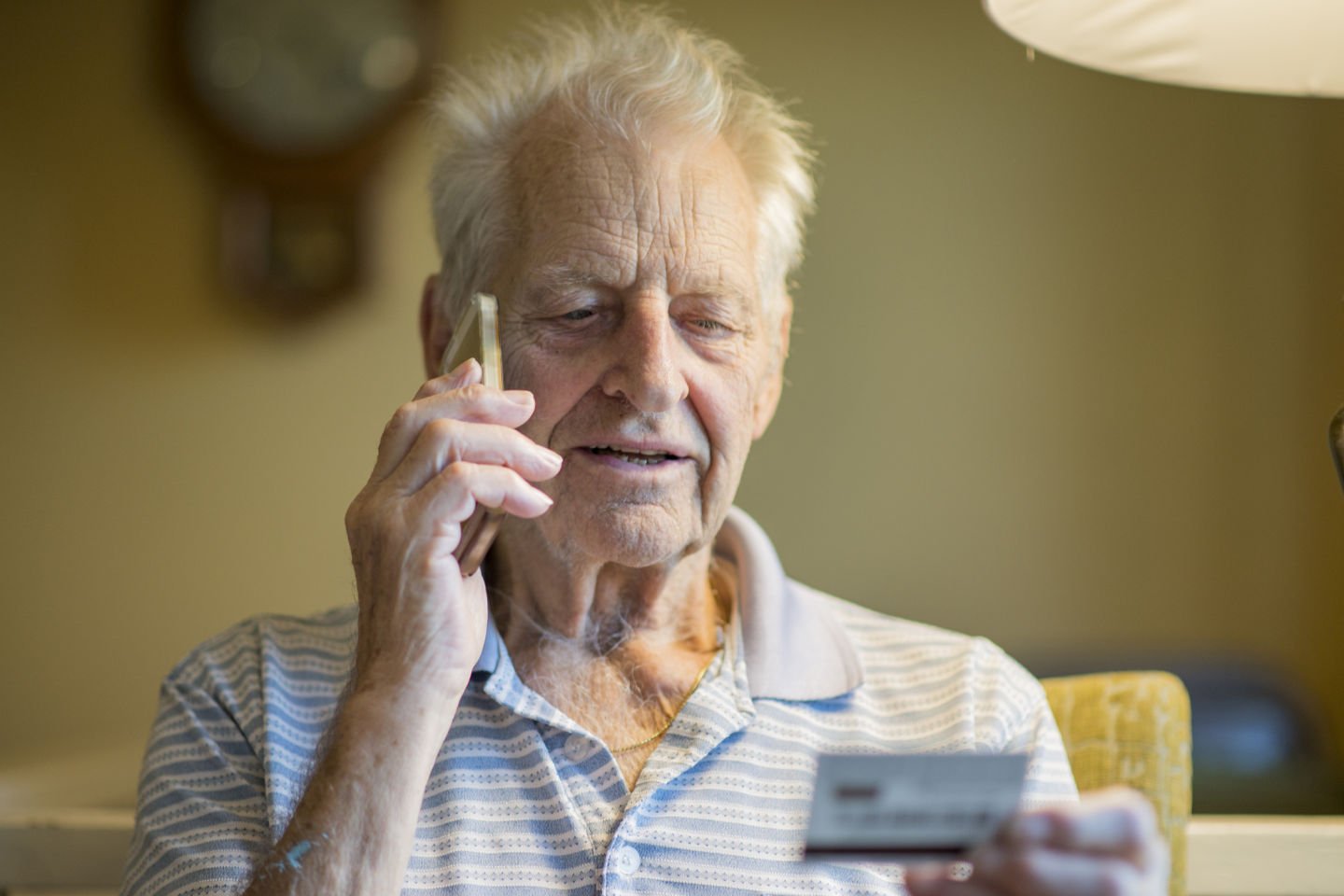Don’t lose your money donating to a fake earthquake appeal
Make sure your money is going to a registered charity and will reach its intended destination.

Do you want to help victims of the devastating earthquake in Turkey and Syria? It’s a noble cause—but Australian donors are being warned to beware of scam appeals.
In a public statement, the Australian Charities and Not-for-profits Commission (ACNC) warns donors before giving to an appeal to check its Charity Register to ensure they are giving to a registered charity running verified appeals.
“Our hearts go out to the people whose lives have been devastated by this disaster. To those who have lost loved ones or are still waiting to hear,” ACNC Commissioner Sue Woodward said.
“There will be long term support needed. Australians are very generous, and they turn to charities to provide help at times like these. Every year Australians lose hundreds of thousands of dollars to fake charity scams.”
The ACNC Register shows key details such as
Who benefits from the charity’s work
Where it operates
Who is running it
Whether it is meeting its financial reporting obligations.
These details help demonstrate the charity is accountable and transparent about its operations.
“Many people will be getting prompts to donate to appeals in their social media feeds and in emails. We strongly recommend that rather than clicking on a link it is better to visit a charity’s website and donate following the processes shown there,” Ms Woodward said.
Before you make a donation the ACNC recommends you:
Look for established, registered charities running verified appeals.
Check the Charity Register to see details about a charity’s main work.
Don’t click on links in unsolicited emails and social media posts which may take you to a fake, scam website. Find the charity’s website in a search engine or on the Charity Register.
Don’t give your credit card and bank account details on social media and be cautious if you do so online.
If you get a call claiming to be from a charity, say you’ll call back. Search the Charity Register and call back on the number shown there.
Always ask for identification from collectors at a shopping centre, on the street or at your front door.
In other donor news, Australians are being urged to give more to meet the Australian Government’s goal of doubling philanthropic giving by 2030.
To get there the Australian Productivity Commission has announced its review of Australian philanthropy.
“The review comes at a time when the charity sector is under pressure,” Assistant Minister for Competition, Charities and Treasury Andrew Leigh said.
He said Australians have become less likely to join community groups, less likely to volunteer, less likely to play organised sport, less likely to attend religious services, and less likely to know their neighbours.
Declining social capital has broad implications for wellbeing, health and social connectedness.
Philanthropic giving underpins the crucial efforts of charities, not for profit organisations and community groups to support vulnerable Australians and build social capital and connectedness in Australian communities.
While deductible donations have increased as a share of total income, the percentage of taxpayers making donations has fallen.
The final report will be provided to the government in the first half of 2024. For further information, including terms of reference, visit the Productivity Commission’s website.
For further reading: ACNC; Minister’s media statement







